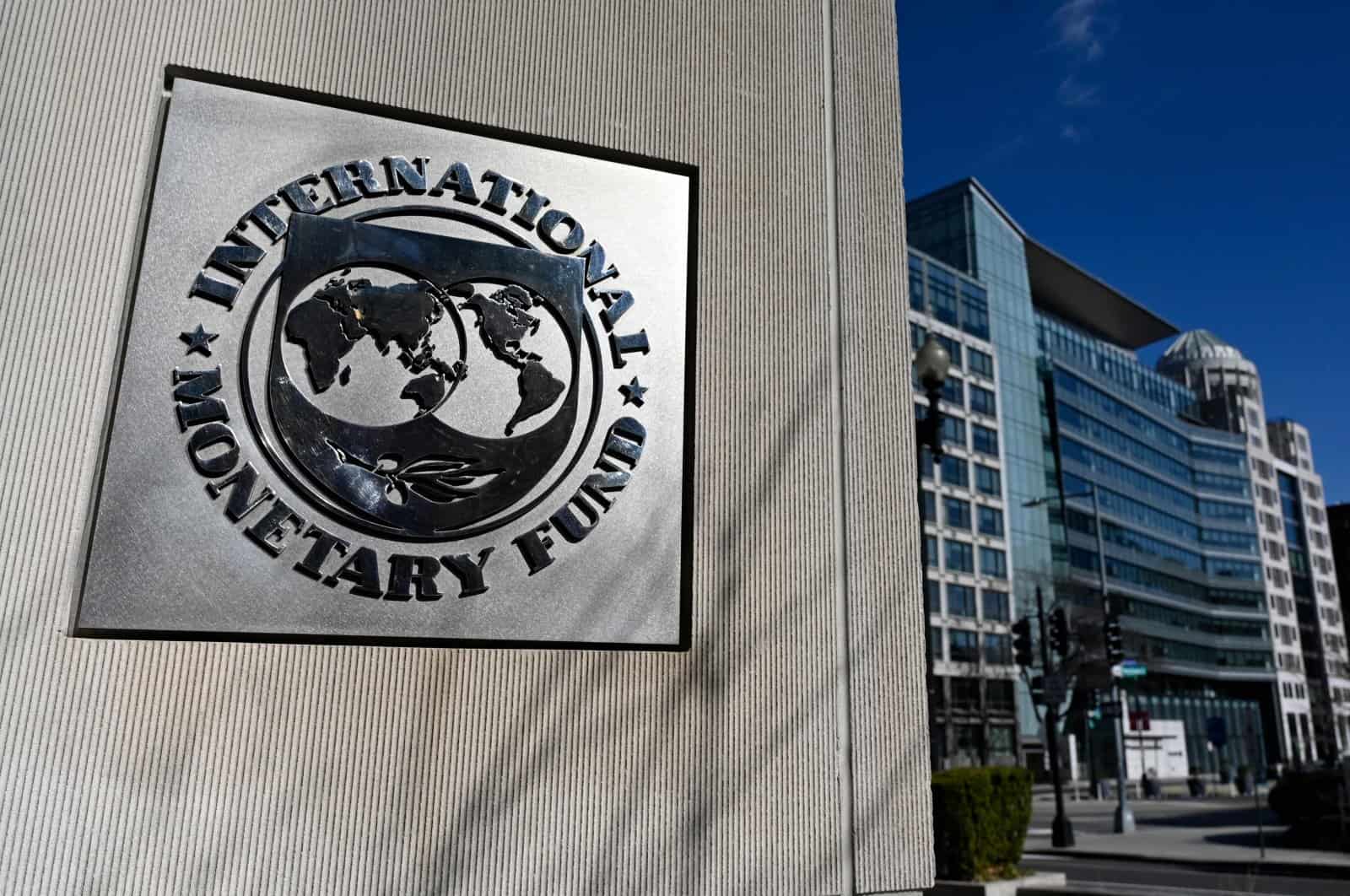Riyadh, Saudi Arabia— Saudi Arabia’s economy is in a state of prosperity and growth, and that the kingdom’s fiscal position is strong, primarily driven by Vision 2030 which has been steadily diversifying the economy since its launch in 2016, according to the International Monetary Fund.
The IMF said in a statement that Saudi Arabia was the fastest-growing economy among G20 countries, achieving an overall growth rate of 8.7 percent. The kingdom has sufficient precautionary reserves and the peg of the exchange rate to the US dollar is serving the Saudi economy well.
“Despite an uptick in early 2023 to 3.4 percent year on year, headline inflation is back at 2.8 percent year on year in May 2023, as declining contributions from transport and food prices offset the substantial increase in rent,” said the IMF.
“While much of the world has suffered from inflationary pressures, Saudi Arabia succeeded in maintaining its average consumer price index,” the IMF said.
In line with its economic diversification goals, the kingdom is spearheading the energy transition journey in the region through various initiatives such as the Saudi Green Initiative, and the wider Middle East Green Initiative.
The IMF applauded Saudi Arabia’s efforts to reduce carbon emissions, in line with its target to achieve net zero by 2060. The executive board of the IMF also welcomed the non-oil revenue mobilization efforts undertaken by the Saudi government as a part of the Kingdom’s Vision 2030.
Saudi Arabia’s non-oil gross domestic product witnessed a growth of 4.8 percent in 2022 driven by robust private consumption and investments in various sectors like wholesale, retail trade, constriction and transport, the IMF added.
It also predicted that the non-oil GDP of Saudi Arabia will further grow by 4.9 percent in 2023 fueled by strong consumption spending. Earlier in August, a report released by the General Authority for Statistics revealed that Saudi Arabia’s inflation rate further fell to 2.3 percent in July from 2.7 percent in June.
The IMF also praised Saudi Arabia’s success in reducing the unemployment rate to historical lows, reaching 8 percent in 2022, increasing the female workforce and strengthening the Kingdom’s banking sector.
Commenting on the results of the International Monetary Fund’s Article IV consultations with the Kingdom’s government, the Minister of Finance Mohammed Aljadaan welcomed the IMF’s praise for the reforms witnessed by the Saudi economy and the kingdom’s continuous efforts to carry out economic and financial reforms.
He also noted in particular the Fund’s reference to the kingdom’s solid fiscal position and the progress it has achieved in the transparency of public finances, in addition to its financial policies and reforms that have supported fiscal policy and mitigated risks.
Aljadaan noted that the report highlighted both current indicators and positive future prospects for the Saudi economy, as well as the continuous progress in implementing the Saudi Vision 2030 agenda and economic transformation. The IMF stressed the success of the Kingdom’s economy in facing challenges and maintaining financial sustainability that contributed to enhancing its durability and strength, while noting the prominent role of economic and structural reforms conducted by the government which achieved sustainable and inclusive economic growth, he said.

